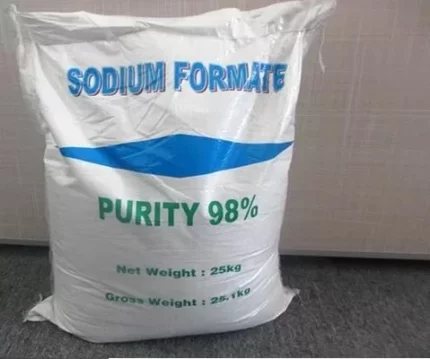
Sodium formate Industrial Grade
$6,000.00 Original price was: $6,000.00.$5,500.00Current price is: $5,500.00.
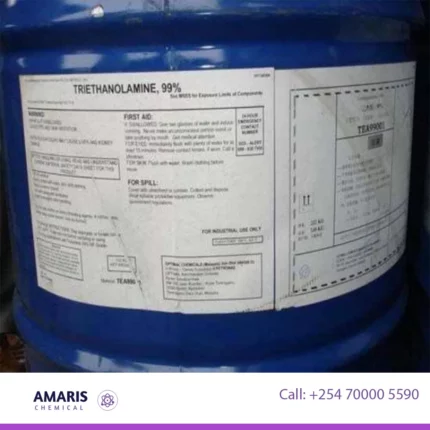
Triethanolamine (TEA)
$85,000.00 Original price was: $85,000.00.$84,000.00Current price is: $84,000.00.
Ink reducer (ethanol)
$0.01 Original price was: $0.01.$0.00Current price is: $0.00.
Whatsapp Order
Category: Solvents (lab)
Reviews (0)
Be the first to review “Ink reducer (ethanol)” Cancel reply
Related products
Acetic Acid Tech grade
Acetic acid Tech grade
Acetic acid is an organic acid with the chemical formula CH3COOH, also known as ethanoic acid. It is a colorless liquid with a pungent, sour taste and a distinctive vinegar-like odor. Acetic acid is an important industrial chemical used in the production of various products, including solvents, plastics, textiles, and food additives. It is also the main component of vinegar, which is commonly used as a condiment and preservative in cooking and food preparation.Acetone Extra Pure
Acetone Extra Pure
Acetone is a colorless, flammable liquid with a sweet, fruity odor. It is a common organic solvent that is widely used in the production of plastics, fibers, drugs, and other chemical compounds. Acetone is also commonly used as a cleaning agent and a nail polish remover. Chemically, it is the simplest ketone and is represented by the formula CH3COCH3.
Deionized water
Deionized water, also known as demineralized water, is water that has had its mineral ions (such as sodium, calcium, iron, and copper) and dissolved solids removed through a process called ion exchange.
Distilled water, on the other hand, is water that has been purified by boiling it into steam and then condensing the steam back into water. This process removes impurities such as minerals, bacteria, and other contaminants.
Both deionized and distilled water are highly purified forms of water, but the processes used to purify them are different. Deionized water is typically used in laboratory settings or in industrial processes, while distilled water is commonly used in medical applications, humidifiers, and in some consumer products
Ethyl acetate 99.5% 2.5L
Rated 5.00 out of 5
Ethyl acetate is a colorless liquid with a characteristic fruity odor. It's commonly used as a solvent in paints, varnishes, and nail polish removers. You might also find it in certain glues, decaffeinating coffee, and flavorings. It's considered relatively safe for use in these applications but should be handled with care due to its flammable nature. Additionally, ethyl acetate occurs naturally in fruits like apples and bananas, contributing to their aroma and flavor.
Hexane 2.5litres AR
Rated 5.00 out of 5
Hexane is a hydrocarbon with the chemical formula
𝐶6𝐻14.
It is a member of the alkane series, which means it is composed solely of hydrogen and carbon atoms with single bonds between them. Hexane is a colorless liquid at room temperature and is commonly used as a non-polar solvent in laboratories and industrial applications. Here are some key properties and uses of hexane:
Methanol 160 kg
Methanol, also known as methyl alcohol, is a colorless, flammable, and highly volatile liquid alcohol with the chemical formula CH3OH. It is the simplest alcohol, consisting of a methyl group (CH3) linked to a hydroxyl group (OH). Methanol is commonly used as a solvent, fuel, and antifreeze agent. It is also used in the production of formaldehyde and other chemicals, and as a feedstock for the production of other substances such as olefins and biodiesel. Methanol is toxic and can be fatal if ingested or inhaled in high concentrations.
Shellsol T
Rated 4.97 out of 5
Trimethylpentane (hplc grade) 2.5ltrs
Rated 5.00 out of 5
Trimethylpentane, also known as isooctane, is a high-purity hydrocarbon solvent commonly used in High-Performance Liquid Chromatography (HPLC) as a reference standard or mobile phase component. It is often utilized in chromatography due to its low polarity and high purity, which ensures accurate and reproducible results. HPLC-grade trimethylpentane is purified to meet stringent quality standards, minimizing impurities that could interfere with analytical measurements. It's crucial for ensuring precise and reliable chromatographic separations in analytical laboratories.

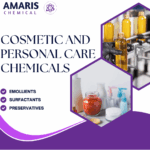
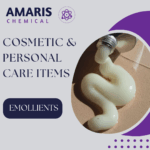 Emollients
Emollients Humectants
Humectants UV Filters
UV Filters Surfactants (cosmetic)
Surfactants (cosmetic) Preservatives (cosmetic)
Preservatives (cosmetic) Fragrances and Essential Oils
Fragrances and Essential Oils Antioxidants (cosmetics)
Antioxidants (cosmetics)
 Solvents (lab)
Solvents (lab) Chromatography Chemicals
Chromatography Chemicals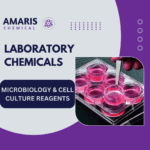 Microbiology and Cell Culture Reagents
Microbiology and Cell Culture Reagents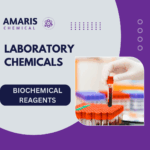 Biochemical Reagents
Biochemical Reagents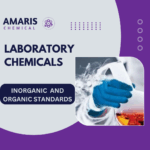 Inorganic and Organic Standards
Inorganic and Organic Standards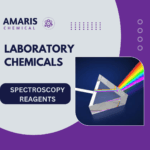 Spectroscopy Reagents
Spectroscopy Reagents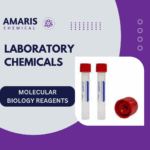 Molecular Biology Reagents
Molecular Biology Reagents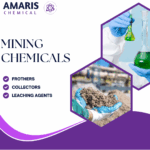
 Precious Metal Extraction Agents
Precious Metal Extraction Agents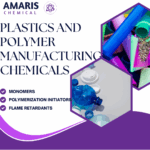
 Plasticizers
Plasticizers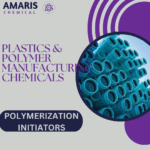 Polymerization Initiators
Polymerization Initiators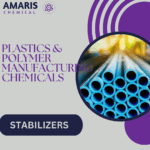 Stabilizers
Stabilizers Monomers
Monomers Fillers and Reinforcements
Fillers and Reinforcements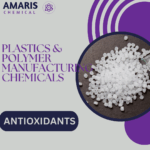 Antioxidants (plastics)
Antioxidants (plastics)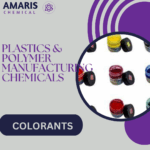 Colorants (plastic pigments,Dyes)
Colorants (plastic pigments,Dyes)
 Fertilizers
Fertilizers Plant Growth Regulators
Plant Growth Regulators Soil Conditioners
Soil Conditioners Animal Feed Additives
Animal Feed Additives Biostimulants
Biostimulants
 Dough Conditioners
Dough Conditioners Flour Treatments
Flour Treatments Fat Replacers
Fat Replacers Preservatives (baking)
Preservatives (baking)
 Surfactants (cleaning)
Surfactants (cleaning) Builders
Builders Bleaching Agents
Bleaching Agents Enzymes
Enzymes Solvents (cleaning)
Solvents (cleaning) Fragrances
Fragrances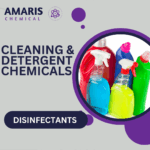 Disinfectant
Disinfectant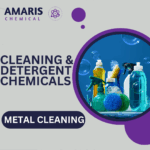 Metal cleaning
Metal cleaning
 Binders/Resins
Binders/Resins Pigments
Pigments Solvents (paint)
Solvents (paint) Additives
Additives Driers
Driers Anti-Corrosion Agents
Anti-Corrosion Agents Specialty Coatings
Specialty Coatings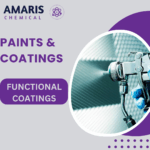 Functional Coatings
Functional Coatings Application-Specific Coatings
Application-Specific Coatings
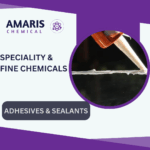 Sealants and Adhesives
Sealants and Adhesives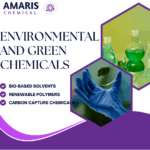
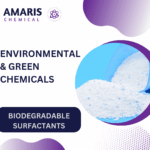 Biodegradable Surfactants
Biodegradable Surfactants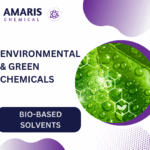 Bio-based Solvents
Bio-based Solvents Renewable Polymers
Renewable Polymers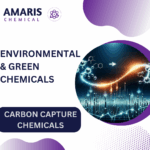 Carbon Capture Chemicals
Carbon Capture Chemicals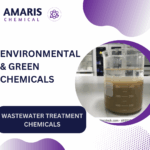 Wastewater Treatment Chemicals
Wastewater Treatment Chemicals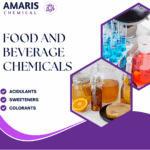
 Preservatives (food)
Preservatives (food) Flavor Enhancers
Flavor Enhancers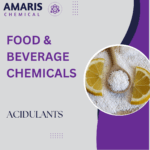 Acidulants
Acidulants Sweeteners
Sweeteners Emulsifiers
Emulsifiers Antioxidants (food)
Antioxidants (food) Colorants (food)
Colorants (food) Nutrient Supplements
Nutrient Supplements Nutraceutical Ingredients
Nutraceutical Ingredients
 Fresh Herbs
Fresh Herbs Whole Spices
Whole Spices Ground Spices
Ground Spices Spice Blends
Spice Blends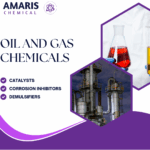
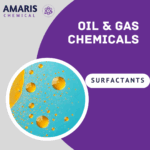 Surfactants(oil)
Surfactants(oil)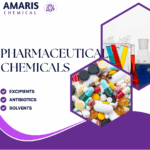
 Antibiotics
Antibiotics Active Pharmaceutical Ingredients
Active Pharmaceutical Ingredients Excipients
Excipients Vaccine Adjuvants
Vaccine Adjuvants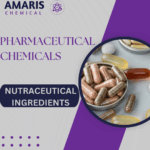 Nutraceutical Ingredients
Nutraceutical Ingredients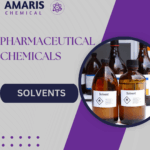 Solvents (pharmaceutical)
Solvents (pharmaceutical)
 Automotive chemicals
Automotive chemicals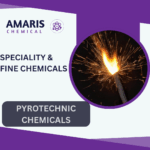 Pyrotechnic Chemicals
Pyrotechnic Chemicals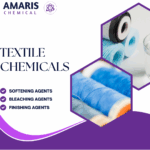
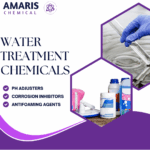

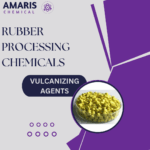 Vulcanizing Agents
Vulcanizing Agents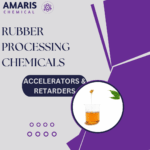 Accelerators & Retarders
Accelerators & Retarders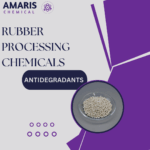 Antidegradants
Antidegradants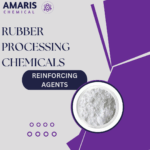 Reinforcing Agents
Reinforcing Agents Plasticizers & Softeners
Plasticizers & Softeners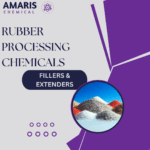 Fillers & Extenders
Fillers & Extenders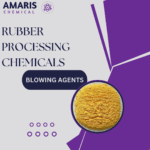 Blowing Agents
Blowing Agents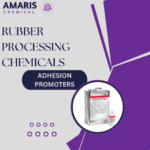 Adhesion Promoters
Adhesion Promoters
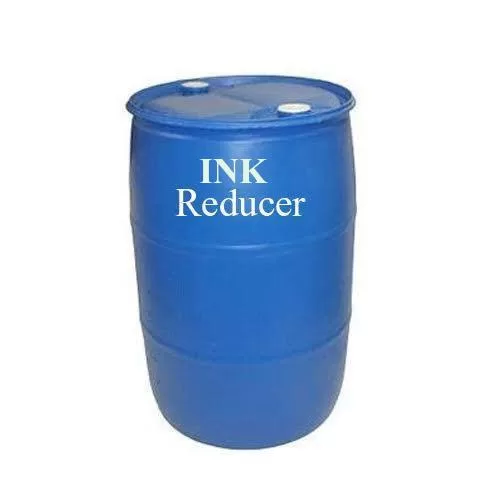
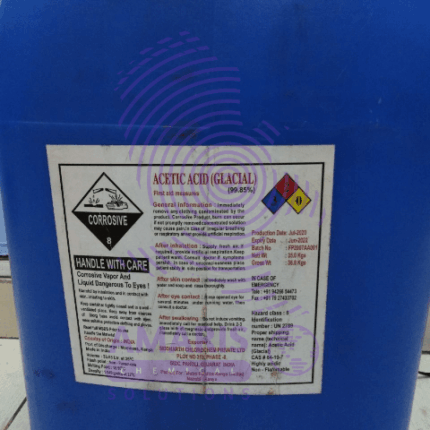
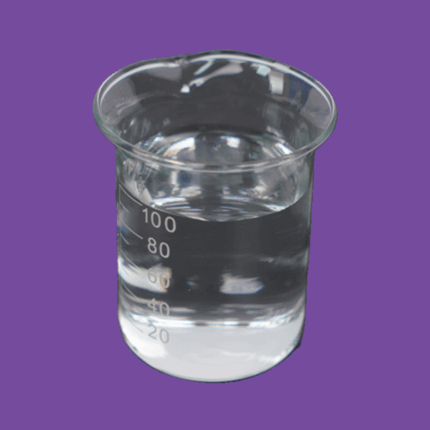
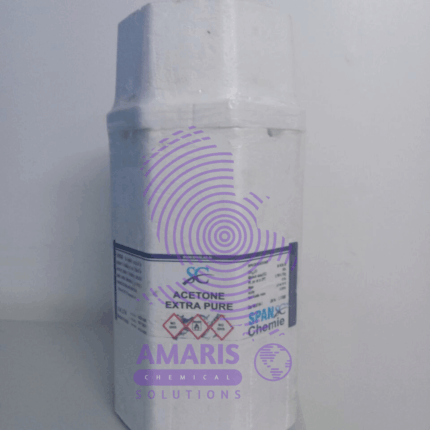
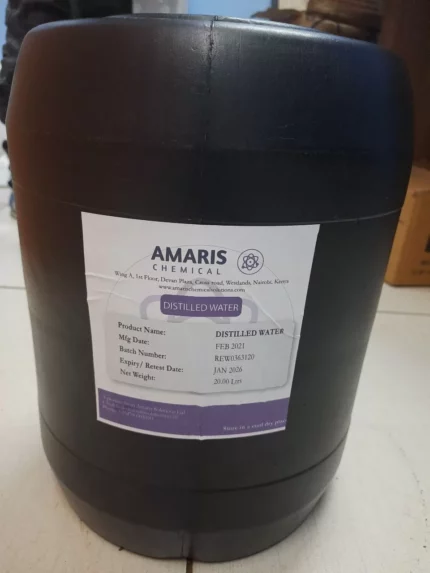
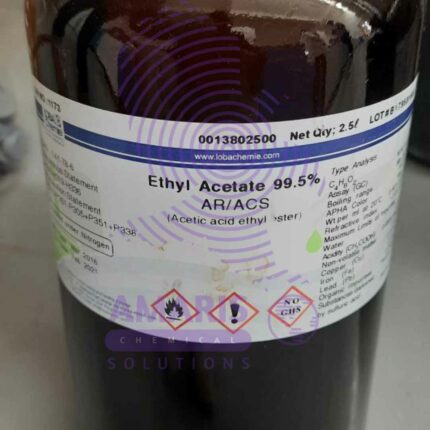
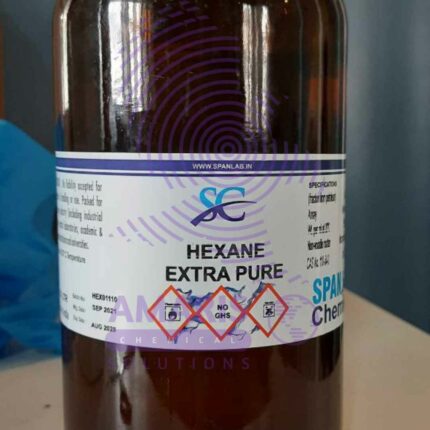
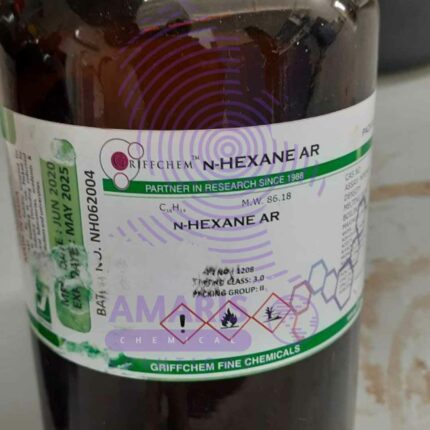
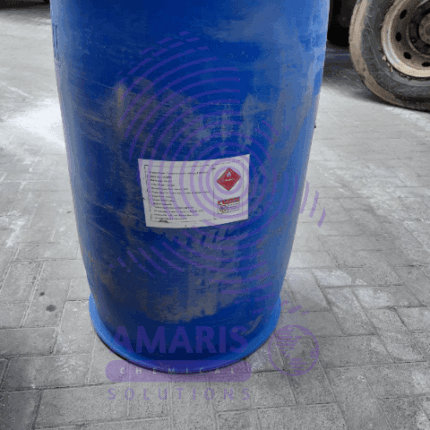
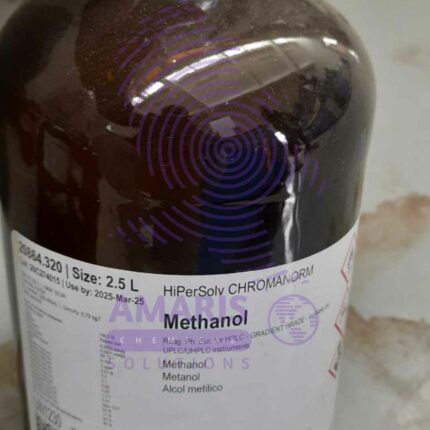
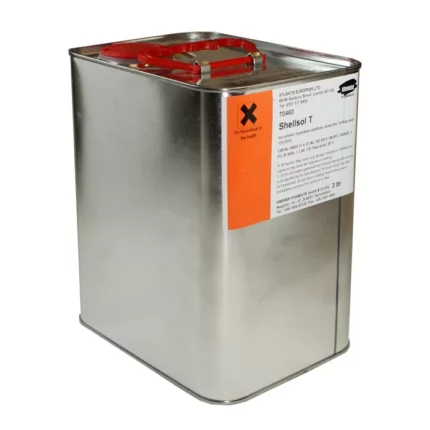
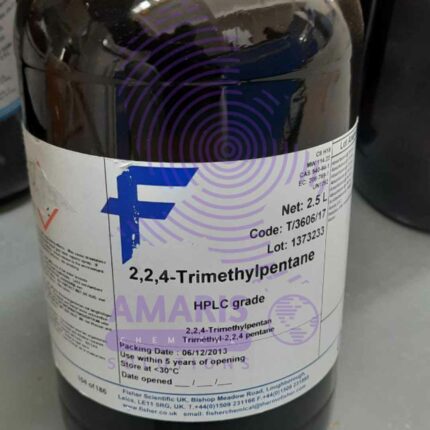













Reviews
There are no reviews yet.